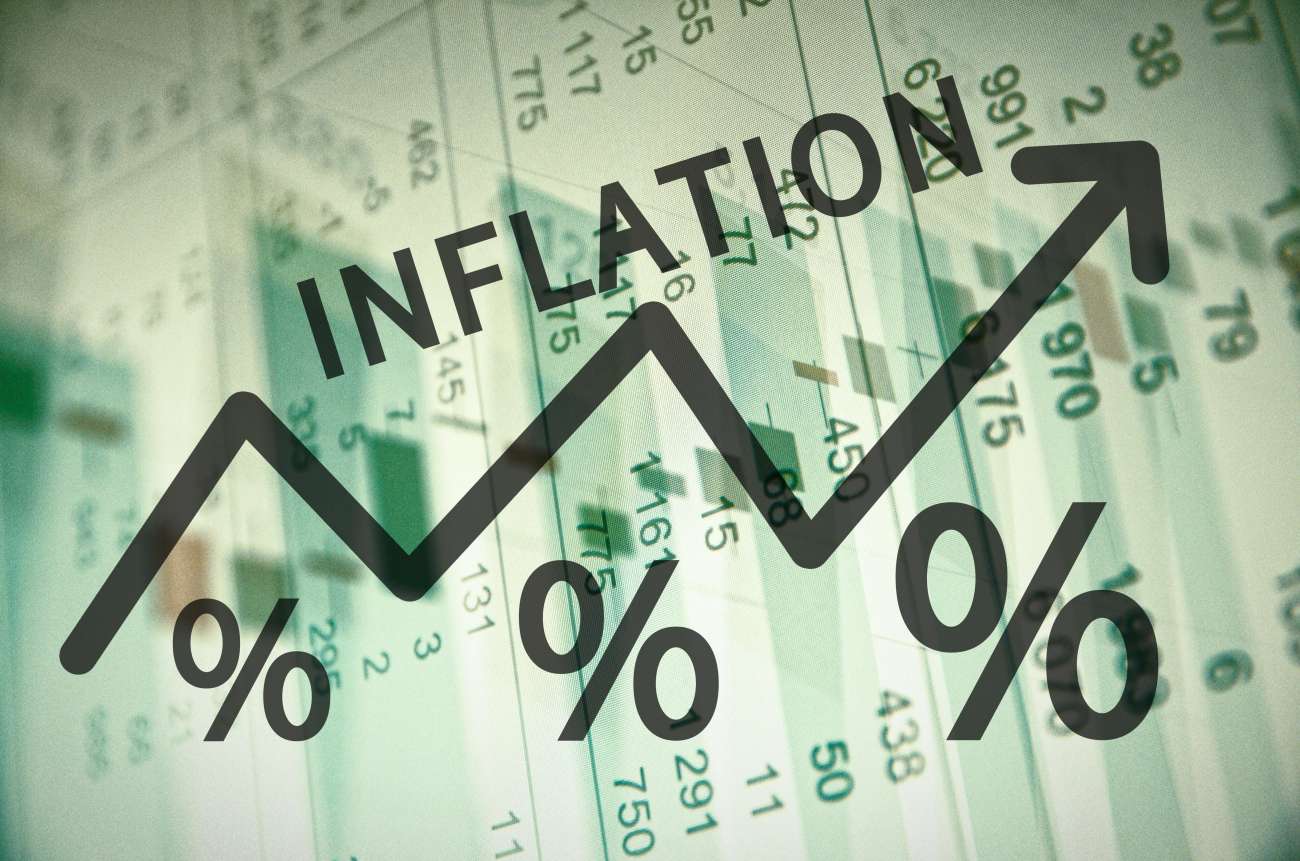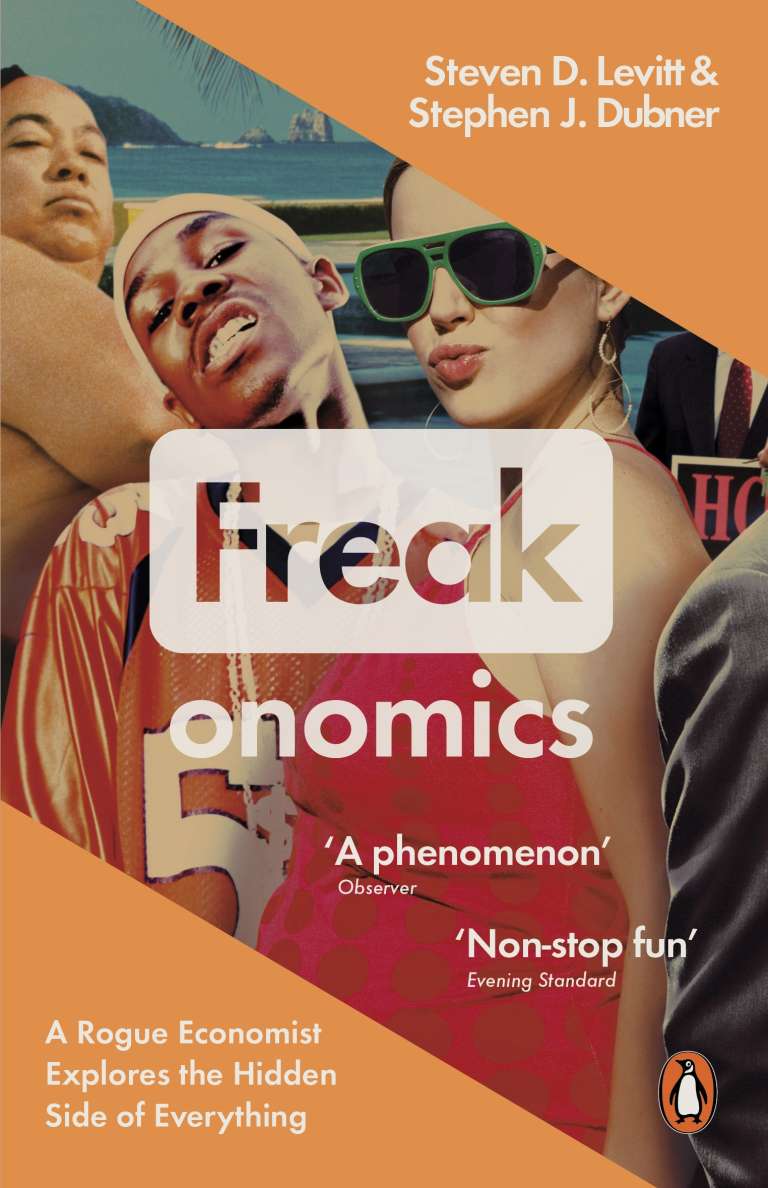People compare global inflation to the Yiddish phrase “farshlepteh krenk.” A disease that won’t go away. My grandmother used to say this about her arthritis. Now economists use it for something that hurts differently but just as persistently.
It’s not just a metaphor. It captures the actual helplessness you feel when inflation keeps grinding on. Rates have dropped since 2022, but that doesn’t mean much when you’re standing in the grocery store, watching the total climb higher than it did last month. So here’s the question that matters: how do we know when a country is really sick with inflation versus just having a bad week?
If you’re a good doctor, you need to know how sick your patient really is. Economists developed a way to measure “inflation entrenchment” across ten wealthy countries. Five indicators: core inflation, unit labor costs, inflation dispersion, inflation expectations, and even Google search behavior. That last one gets me. They’re tracking what people frantically search for at 2am when they can’t sleep, worrying about money.
The results are unsettling. English-speaking countries have it worst. Britain tops the list. The kind of chronic condition that changes how you live. Meanwhile, France has the least entrenched inflation of all ten countries studied. France. That shocked everyone, including the French.
Why does this gap exist? Britain’s core prices jumped 4.3% in the year through the second quarter of 2025. Australia’s not far behind, wages climbing almost 5%. Two theories: Britain kept spending when others cut back. And immigration surged into English-speaking countries, pushing housing costs up fast. Too many people, not enough places to live.
But here’s what bothers me. Inflation isn’t just statistics on a government website. It’s your parents fighting about money. It’s choosing between fixing the car and buying new shoes. It’s a social problem that spreads through families and communities like actual sickness.
Some experts say Britain will recover. Maybe they’re right. But I think we should all watch the prices around us. Not because we’re economists, but because we’re the ones living through this.









Leave a Comment